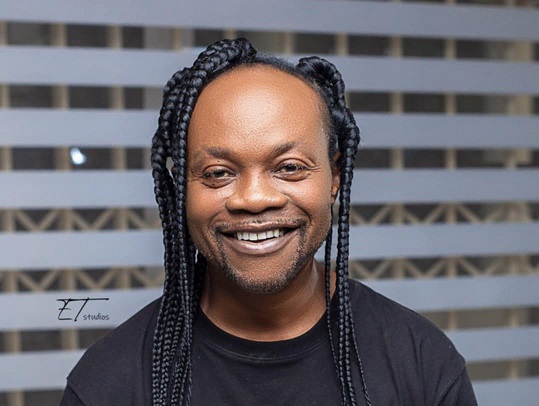A major legal drama is unfolding in the Kumasi High Court as heirs of the late musician Charles Kwadwo Fosu, popularly known as Daddy Lumba, question his nationality at the time of death. The court heard on 26 November 2025 that counsel for the claimant argued Daddy Lumba died holding German nationality, a claim that could upend widowhood and inheritance arrangements.
According to court submissions, Daddy Lumba, born in Nsuta in Ghana’s Ashanti Region, had relocated to Germany in 1996. There he entered a civil ordinance marriage in 2004 to Akosua Serwaa Fosuh. The claimant’s lawyer argued that this formal union under German law granted him German nationality, which remained valid until his death.
If accepted, the assertion may effectively redefine which persons are legally eligible to perform widowhood rites and manage the musician’s estate. Those contesting the claim warn that current efforts by extended family members to proceed with funeral ceremonies and property allocation may not be lawful if Daddy Lumba died as a foreign national.
In court, evidence was discussed from family heads and elders who argued they believed Daddy Lumba remained Ghanaian. But during cross-examination the lawyer for the claimant challenged these assumptions, pressing that legal citizenship is what determines inheritance rights, not birthplace or early life residency.
The case is not solely about nationality but also about competing claims to entitlement. Priscilla Ofori, known as Odo Broni, and others have been presented as spouse or partner by portions of the family, while Akosua Serwaa claims to be the only surviving legal spouse. The nationality question adds a new layer of complexity, with wide implications for burial rites, estate distribution, and legal status of dependents.
Observers say the matter raises fundamental questions about how Ghanaian courts handle cases of dual citizenship, foreign marriages and customary rites, especially when a public figure’s legacy and family interests collide. Some legal experts argue that if a Ghanaian national acquires foreign citizenship, estate and burial matters must account for both statutory and customary laws, a balancing act that often ends in conflict. Others caution against applying foreign nationality claims retroactively, especially where customary family ties remain strong.
The court is expected to deliver its ruling on whether the nationality claim holds and what that means for the distribution of the musician’s estate. Until then, the dispute remains in limbo, fueling intense debate among fans, legal observers and relatives about legacy, identity, and rights. The outcome could set legal precedent for how estates of Ghanaians with foreign citizenship are handled in Ghana in future.

